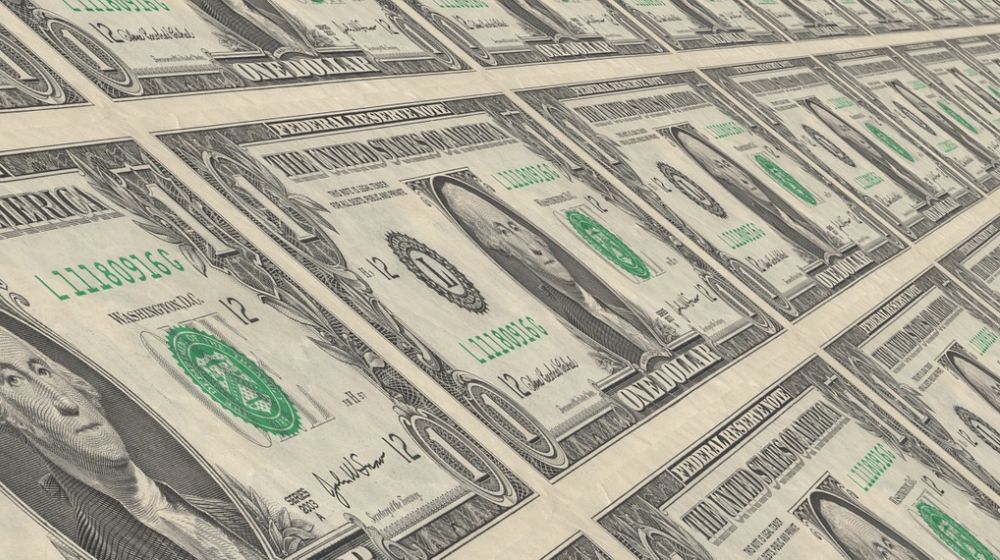Economy
Banks may be Safe According to the Fed Stress Test, But are Consumers?

The last recession this country faced ended in 2010. Almost a decade later, economists argue that the country is overdue for another recession. Fortunately, the fed’s stress test has some good news for banks and borrowers alike. On Thursday, the Federal Reserve said that the 34 largest U.S. banks are all fortified enough to withstand a severe recession while continuing to lend. Does that mean consumers have nothing to worry about?
What Does the Fed Stress Test Indicate?
Since World War II, the United States has seen a recession, on average, about every six years. We’re now going on more than seven years, with the great recession ending in 2010. From 2008 to 2010, the country lost about 8.7 million jobs, and our GDP shrank by more than 5 percent. Banks had to be bailed out, and the country experienced its worst downturn since the Great Depression.
Have things actually changed?
Well, yes.
The Federal Reserve tested banks including JPMorgan Chase, Bank of America, Citigroup, and Wells Fargo to see how they’d hold up in another economic downturn. But it’s not just the big banks which are holding steady. As a collective, the country’s 34 largest banks have gotten significantly stronger thanks to a steadily recovering economy.
They were tested to ensure that there’s enough capital buffer to allow for the banks to continue lending, even in the face of a severe recession, which would, in theory, cost the banks billions in losses. The extra capital protects against losses — a lesson learned the hard way from the last recession.
But it’s not all smooth sailing. If/when another recession comes, consumers aren’t necessarily free to borrow whatever they like. Banks become more stringent with lending policies, and the money becomes more expensive, even as the Fed cuts interest rates to combat the recession by increasing spending through lower interest rates.
Here's a video from Fox Business on the break down of the Fed’s big bank stress test:
So while this news is fantastic for the economy, consumers shouldn’t just assume everything is great. A recession is bound to come back around. It’s just a matter of when. But when it does, the country will be much better prepared than last time.
Barclays’ legal problems may be too many to handle. Find out more here.
Follow us on Facebook and Twitter for more news updates!
The statements, views, and opinions of any article, contribution, editorial, or advertisement in this publication are not necessarily those of The Capitalist or its editorial staff, and are not considered an endorsement, sponsorship, or recommendation of any referenced product, service, issuer, or groups of issuers.
This publication provides general information about certain subjects, and should not be construed or taken as advice (legal, financial, investment, tax, or otherwise). Do not construe or take any information in this publication as a solicitation, offer, opinion, or recommendation to buy or sell any securities, bonds, or other financial instruments or to provide any legal, financial, investment, tax, or other advice or service about the suitability or profitability of any financial instruments or investments.
The Capitalist disclaims any liability for the accuracy of or your reliance on any statements, views, opinions, or information in this publication.






Pingback: How Guy Cohen Trades With Uncertainty Laced with Opportunity as Earnings Looms